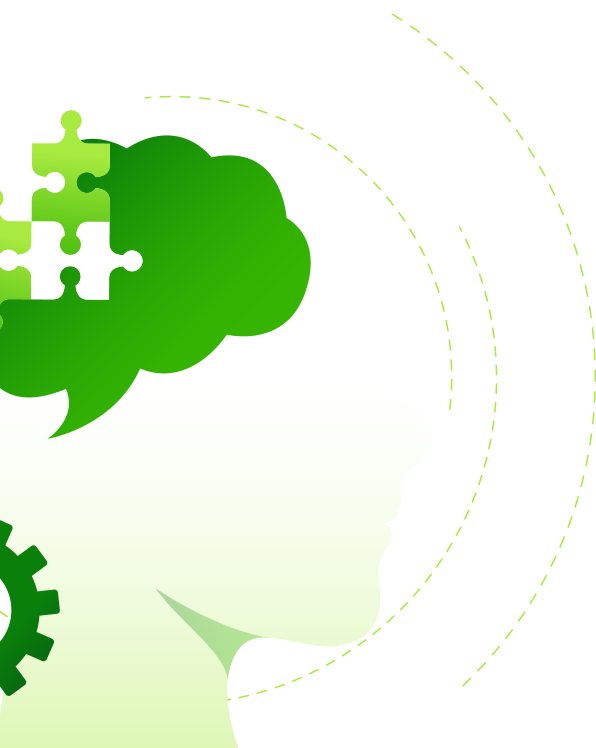
April 20, 2024
In a world that demands constant connectivity and accessibility, the art of setting personal boundaries has become more vital than ever for safeguarding our mental health and well-being. Boundaries act as personal property lines that define who we are and what we are responsible for; they are the limits that we set with other people and the external world. Establishing and respecting these boundaries is crucial for fostering self-esteem, conserving emotional energy, and creating healthy relationships.
Why Boundaries Matter: Boundaries are the bedrock upon which we build a sense of individuality and self-respect. They allow us to separate our own feelings, needs, and desires from those of others and to take responsibility for our own well-being. By clearly defining our limits, we communicate to others that we value ourselves, our needs, and our feelings and expect respect in return.
Types of Boundaries:
- Emotional Boundaries protect our sense of self-esteem and ability to separate our feelings from others’.
- Physical Boundaries pertain to personal space and physical touch.
- Time Boundaries involve how we use our time, ensuring we have time for work, play, and relaxation.
- Intellectual Boundaries refer to thoughts and ideas and respecting differences in opinions.
- Material Boundaries determine whether and how we share our possessions with others.
- Sexual Boundaries relate to our comfort level with sexual touch and activity.
Establishing Your Boundaries:
- Self-Reflection: Begin by understanding what you value, what you need, and what you cannot tolerate.
- Communication: Clearly articulate your boundaries to others without apology.
- Consistency: Enforce your boundaries consistently to reinforce their importance.
- Flexibility: Recognize when circumstances call for flexibility in your boundaries.
Maintaining Boundaries: Setting boundaries is just the beginning; maintaining them is where the challenge often lies. It requires ongoing effort and the ability to say “no” without guilt. Regular self-check-ins can help ensure your boundaries are still serving your best interests.
Challenges to Expect: Expect resistance. When you start setting boundaries, some may test or push against them. Stay firm but compassionate, and remember that upholding your boundaries is a crucial aspect of self-care.
Promotion of Services: At Evolving Minds Psychiatry, we empower our clients to establish and maintain healthy boundaries. Our services are designed to help you develop the skills you need for assertive communication and self-care. We provide a supportive space where you can explore and understand your boundaries and learn the best strategies to uphold them.
Conclusion
Establishing personal boundaries is an ongoing process that is essential to mental health and well-being. By defining and respecting our own limits, we teach others how to treat us, fostering relationships built on mutual respect and understanding. Remember, your rights, feelings, and needs are valid—and setting boundaries is a testament to your self-worth.




